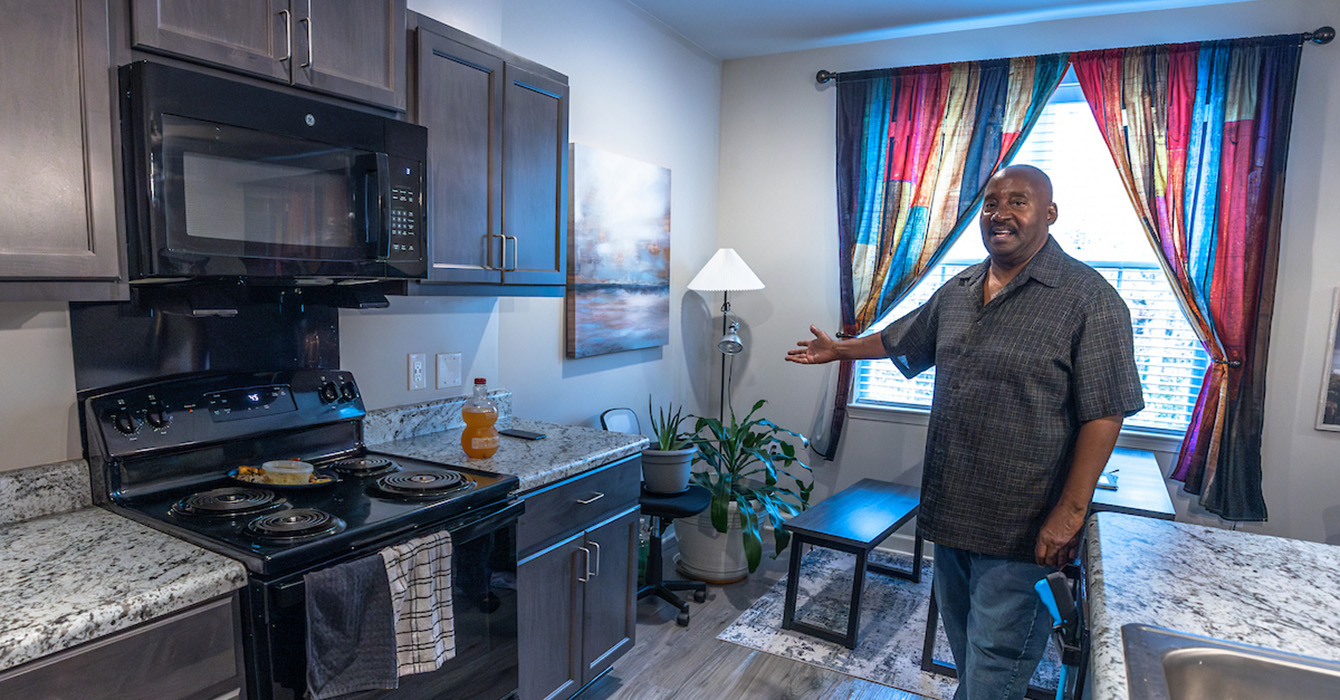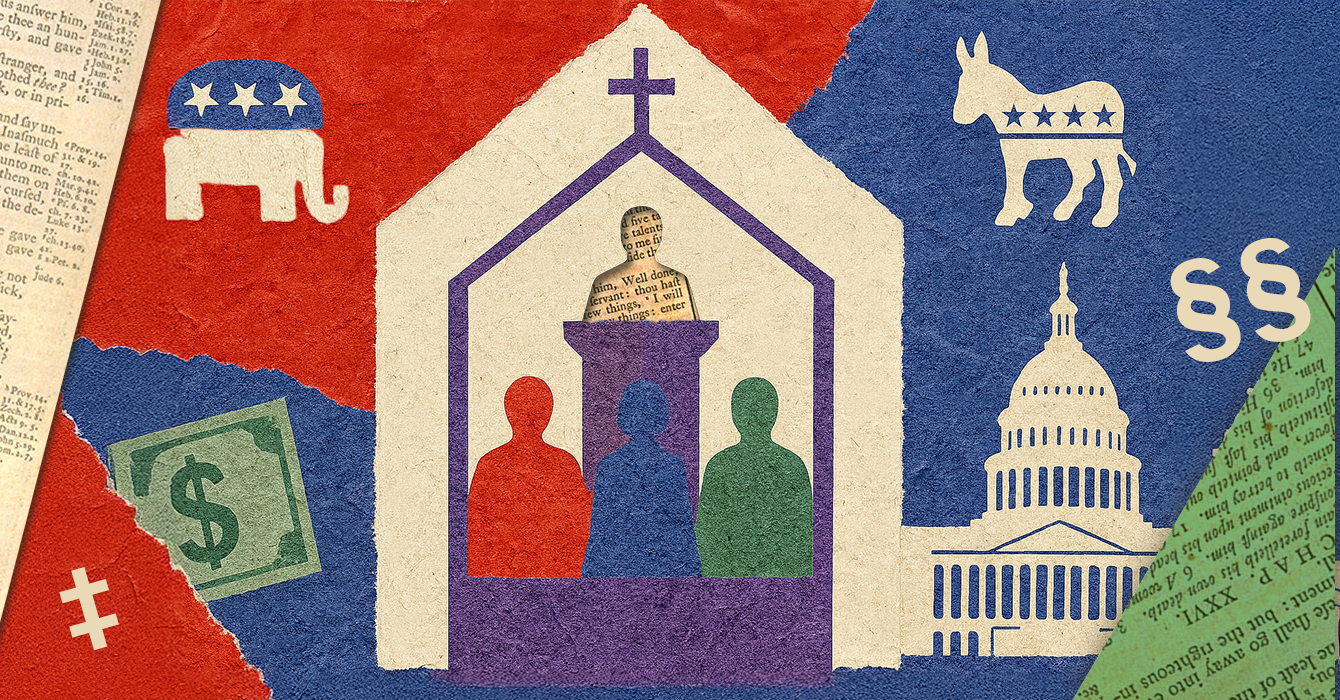I have fallen in love with hymns throughout my life and enjoy learning the stories behind them. One of my favorites was written by Edward Mote, a British man who was born more than two centuries ago.
Mote, the son of London pub owners, grew up without religious training. He started his faith journey as a teenager, when he heard the preaching of John Hyatt at London’s Tottenham Court Road Chapel. He was baptized two years later and went on to become a successful cabinetmaker and, at age 55, a Baptist minister. But even before he became a clergyman, he spent his time writing more than 100 hymns.
In 1824, Mote submitted a hymn text to The Spiritual Magazine captioned “The Immutable Basis of a Sinner’s Hope,” which opened with the line “Nor earth, nor hell, my soul can move.”
Mote would later note in the periodical The Gospel Herald that one morning it had come to him to write a hymn “on the ‘Gracious Experience of a Christian.’”
Over time, we have come to know this hymn through the iconic stanza and chorus:
My hope is built on nothing less
Than Jesus’ blood and righteousness.
I dare not trust the sweetest frame,
but wholly lean on Jesus’ name.On Christ the solid Rock I stand,
All other ground is sinking sand.
This hymn expresses the significance of Christian witness that can remind the world of its brokenness as well as its hope. Christian leaders tend to be committed to addressing the brokenness even as we imagine and enact visible expressions of hope.
I had the opportunity a few months ago to visit an expression of such hope called Gilfield Park, a collaborative apartment home project led by The Park Church in Charlotte, North Carolina. While there, I talked with the church’s senior pastor, Bishop Claude Alexander, about the church’s amazing story of resilience and faithfulness to the vision of building affordable housing for seniors in the community. I was struck by Alexander’s proclamation that “late and later are not the same.”
The vision began in 1998 and was not fulfilled until 2023. Gilfield Park was 25 years in the making.
While such an extensive passage of time would have been considered a failure by some, it was just a part of the process for Alexander. That process ultimately displayed the beauty of the kingdom of God.
Alexander shared that many were not able to see the fulfillment of the vision. Of those, there were some who could believe in its possibility and others who could not. Alexander expressed that his hope was not based on the faith of the congregants, because that would have made his hope conditional.
His hope was built upon his belief that God would fulfill the vision. At times, Alexander did not know whether he would see its fulfillment, but that was not his concern. His concern was to ensure that work was being done so that the ground would be set for the vision’s fulfillment at some point.
In his book “Leading Christian Communities,” C. Kavin Rowe writes, “Resilience in the Christian sense is a kind of lived hope, a way to keep getting up again that has its roots in God’s permanent faithfulness.”
How do we hold on to hope?
Christian leaders must embrace the conviction that hope is durable and present amid hard times.
Christian leadership requires faithfulness to hold in tension the world that is and the world that is to come. As Christians, we abide in a liminal space — a transitional time — where we acknowledge what has been, experience what is, and still hope for what is ahead. This space intentionally centers us on the fact that while we may know how a story begins and will end, we are unsure of all that is in between.
For the in-between time, we are extended a daily invitation to trust God and draw on confidence in God’s faithfulness. Our unknowing in the moment does not prevent us from knowing holistically and witnessing perpetually the faithfulness of God. In fact, we should focus our thoughts and actions on what God has said and done, confident that God is consistent in revealing and performing God’s promises, even those that are yet to come to pass.
Hope is a confident expectation. We build that hope knowing it is directed toward the future yet rooted in God’s past faithfulness, God’s solid ground. Our experience of God’s faithfulness provides a historical record of how God, through the Spirit, constantly brings resources together to do the work of the Lord.
Alexander shared that during Gilfield Park’s in-between time, the local political landscape had shifted significantly and political will and financial resources had become available to address zoning regulations to permit multiunit housing on the church’s land.
Gilfield Park is a place of hope. Our faith communities must not fall short of being places of hope. In fact, hope must be a permanent resident.
While Alexander may have been able to see the fulfillment of his vision, there are some leaders who will not. Those of us who don’t must take solace in knowing that we kept watering the seeds of hope during our season of leadership. Those seeds will bloom for others to see hope come alive.
Christian leaders must build upon the solid rock of God’s embodied faithfulness through Christ. Our witness should serve as a reminder that God will perform God’s promises; God will enact God’s righteousness.
Hope grounds us as the Holy Spirit directs humanity in carrying out the will of God and acting as the tangible expression of God’s love and power on earth. Hope affirms that from generation to generation, God has been faithful! As we lead communities to be places of hope, we join together in the hymn of God’s provision through our Christian experience:
On Christ the solid Rock I stand,
All other ground is sinking sand.


















